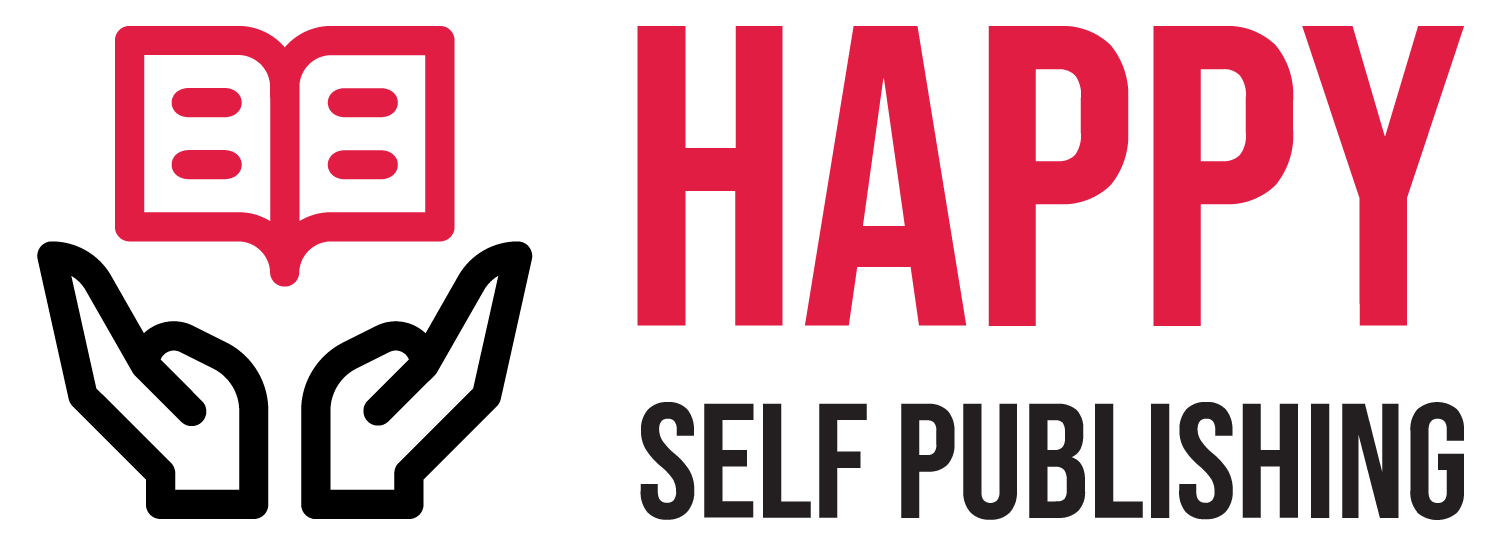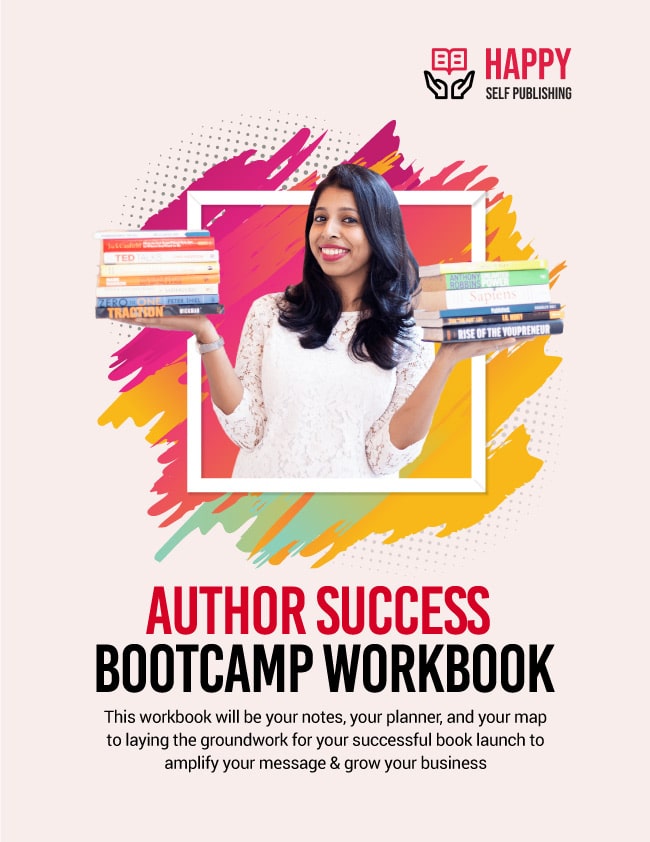“I don’t have the time.”
“I can’t motivate myself to write every day.”
“I’m not inspired to write anything today.”
Or how about:
“I’m great at starting a book … it’s the finishing that’s the problem.”
“How do I know finishing the book’s even worth it?”
“I keep getting new writing ideas I’m more excited to work on than the last one.”
I’m sure you’ve been there. Procrastinating on writing because emails have to be answered, or clients need your attention. Trying different writing disciplines (like writing in the morning/late at night, or for 30 minutes a day) and sticking to none of them.
Or worse, opening, closing, and reopening writing projects you’ve started and never actually finishing them.
What if you set yourself an audacious book-writing goal… and accomplished it?
Ajit Nawalkha is CEO of Evercoach, author of the Multiplier Method, co-founder and creator of Blinkwebinars, a webinar automation company. He also trains and mentors entrepreneurs and coaches to create an exceptionally successful business and life in his mastermind called Zentrepreneur. He shares his strategy to complete your book in the least possible time.

Here are 8 ways that will help you evolve as a person and author in terms of planning-
1. Choose Your Topic
The first thing you want to do as you prepare for a shortest time nonfiction book-writing challenge is choose a topic for your project carefully. This may seem like a no-brainer, but it really isn’t. Remember, you must finish your book in 30 days or less. (Now this is not a contest. No one counts your words to see if you won, and you don’t submit anything at the end to prove you finished your project. It’s a personal challenge. Still…you know if you succeed or fail.) Therefore, you don’t want to choose a subject that requires 150,000 words. That would mean you need to complete 5,000 words per day. That’s a tall order to fill for any writer, especially if he or she has a day job.
It’s better to select a topic you can cover in 50,000 words or less. You can write 1,667 words per day over the course of 30 days. If that still feels like a lot, then opt to write a guide, tip book or booklet. Many e-books sold on Amazon today have only 5,000 to 20,000 words.
Who knows…you might end up with a longer book by month’s end. But don’t start with an unattainable goal. Begin with a topic that lends itself to a word-count that feels doable to you. That gives you a higher chance of success.
2. Create a Content Plan
While you can write a nonfiction book by the seat of your pants, it’s best to have a plan. (Yes, the seatsers vs. planners debate pertains to nonfiction as well as to fiction.) That plan helps you know where you are going so you write in a straight line rather than taking many detours. As you know, the need to make a lot of u-turns takes up a lot of time. When it comes to writing, that means cutting, rewriting and revising. You don’t want to do that if you are going to finish a good first draft or a final draft in a month.
Create an outline or a table of contents for you book. start by brainstorming a topic and then taking all the different topics and organizing them into a book structure. Use a mind map. This ends up looking like a table of contents—actually a rather detailed table of contents with chapter titles and subheading titles. You might prefer to just create a simple outline or a bulleted list.
Whatever your method of choice, create something that looks like the structure of a book—a table of contents. And know what content will fill that structure as you create your manuscript. That’s your map.
Then, when you sit down to write each day, you know exactly what to write. In fact, the more detailed you make this plan, the more quickly and easily you will write your book. You will spend little time staring at your computer screen wondering what to write or what comes next. You will know. It will be right there in your writing plan. You’ll just follow the map—your tale of contents—to your destination.
3. Determine What Research You Need
You might think you can write your book “off the top of your head” because you are the expert on the topic. Inevitably, though, you will discover a need to search for something—a URL, a quote, the title of a book. These things can slow down your process. This is where preparation can help keep your fingers on the keyboard typing rather than perusing the Internet.
For each item in your plan—or your detailed table of contents, brainstorm the possible research you need and make note of it.
As you write, if you discover you need more research or interviews, don’t stop writing. Instead, create create gaps in your manuscript. Later, do the required research, and fill in the gaps.
4. Create a To-Do List
Look over your content plan. Take all the research items you listed and put them on a to-do list.
Make a list of URLs, books and articles to find. Look for anything you need to do. For instance, does your research require that you visit a certain location? If so, put “Visit XX” on the to do list.
Don’t forget to put interviews on this list. You want to conduct your interviews now, not when u start writing the book, if at all possible.
5. Gather and Organize Your Materials
Gather as much of your research and other necessary material as you can prior to the end of October. Purchase the books, copy the articles into Evernote.com, copy and past the URLs into a Word doc, or drag them into an online folder. Get your interviews transcribed as well—and read through them with a highlighter, marking the quotes you think you want to use.
If you are writing memoir, you might want to gather photos, journals and other memorabilia. If you are repurposing blog posts, or reusing any other previously published or written material, you want to put all of this in one place—an online folder or a Word file.
Generally, get as much of what you need to write your book in an easily accessible format and location so you aren’t searching for it when you should be writing. Use piles, boxes, hanging folders, computer folders, cloud storage…whatever works best for you.
6. Determine How Much Time You Need
Each nonfiction book is different and requires a different amount of time to write. A research based book takes longer to write, for example, because you have to study, evaluate and determine your opinion of the studies. You have to read the interviews you conducted, choose appropriate quotes and then work those quotes into your manuscript.
If, on the other hand, you write from your own experiences, this take less time. With the exception of drawing on anecdotes, an occasional quote or bit of information from a book, the material all comes from your head. You need only sit down and write about a process you created, your own life story or your area of expertise.
You might normally write 750 words per hour, but the type of book you’ve chosen to write could slow you down to just 500 per hour. Or you might speed up to 1,000 words per hour. Determine how long it will take you on average to compose the number of words you must compete per day to meet your final word-count goal. Then, figure out how many hours per week you need to set aside during the process of actually writing the book to finish your manuscript. Allow more hours than you think necessary for “unforeseen circumstances,” slow days and a general need for extra time to complete the project the last leg of your marathon.
7. Create a Writing Schedule
Last, create a writing schedule. You now know how much time you need to write your book. Now find those hours in your calendar and block them off.
Make those hours sacred. Nothing other than an emergency should take you away from writing your book during those scheduled writing blocks.
You’ve heard the advice that goes with this:
Find a quite place to write.
Limit distractions.
Get an accountability partner.
Keep your appointments with yourself.
8. Put a Back-Up System in Place
Yes…, because you just never know what happens. Your computer crashes or dies. You accidentally delete your whole manuscript. Your child dumps milk all over your keyboard.
You want a back up of your magnum opus project. Always save it to your computer’s drive and onto a thumb drive or, better yet, into the cloud, for safe keeping! Make these plans in advance as well. You can use Evernote.com, Dropbox.com or Google Drive, for example.
The other thing you need to has little to do with planning. During your least time possible nonfiction writing challenge, you must posses an attitude that supports meeting your goal. You must:
In conclusion, the only thing that matters during that period is your book and nothing else.
Be willing to do what it takes
Remain optimistic about meeting your goal.
Stay objective about your work.
Be tenacious and not let anything get in the way of finishing your project.
Those four qualities—Willingness, Optimism, Objectivity and Tenacity—constitute an Author Attitude. With that you will finish your nonfiction book in a month with no problem.







